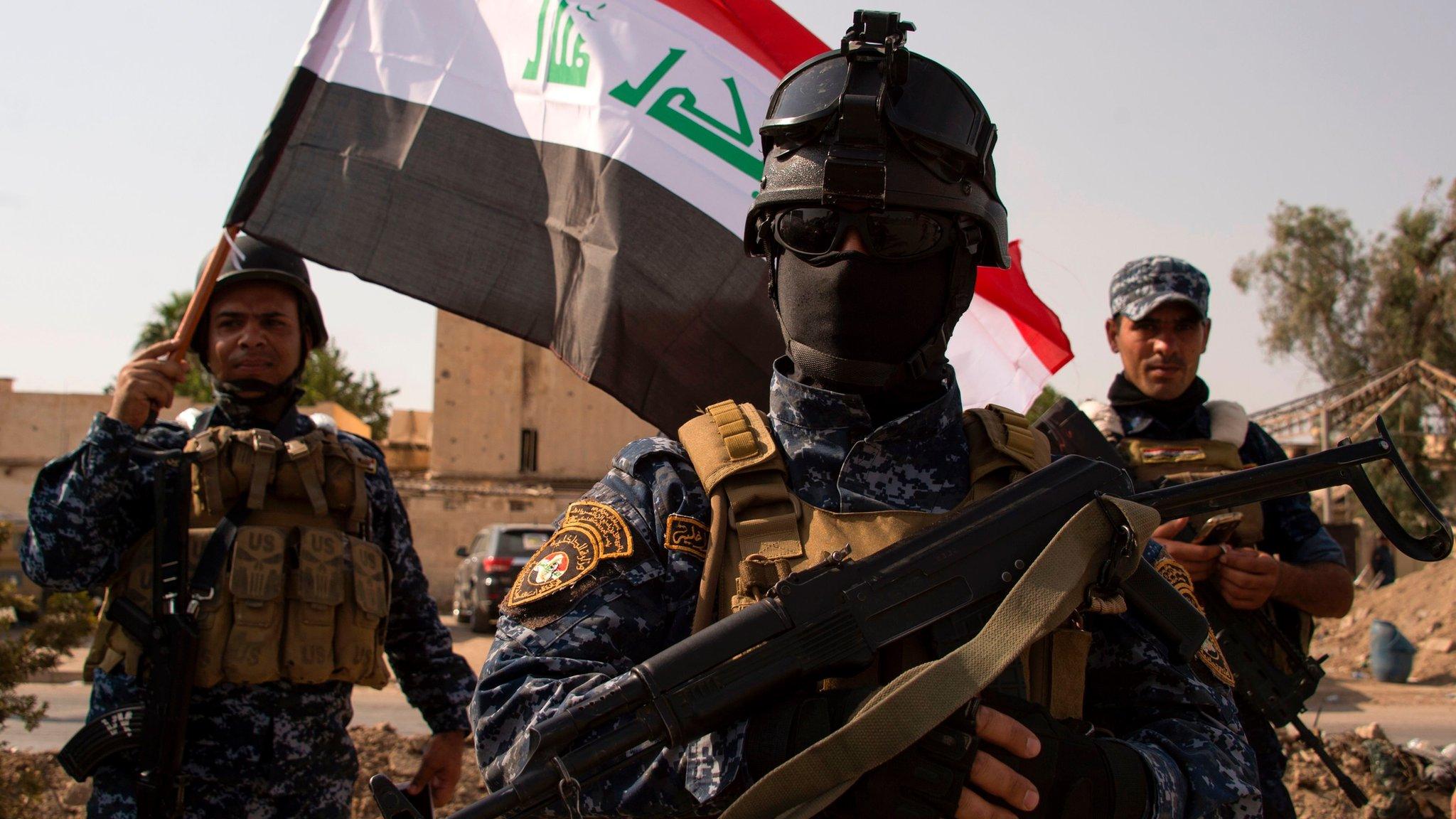Mosul: US commander says Iraq must stop Islamic State 2.0
- Published
Soldiers and police officers cheered as PM Abadi joined the celebrations
The senior US commander in Iraq has warned that the war against so-called Islamic State (IS) is not over, despite a "historic" victory in Mosul.
Lt Gen Stephen Townsend told the BBC Iraqis needed to unite to ensure IS was defeated across the rest of Iraq.
He also urged the government to reach out to the Sunni Arab minority.
"If we're to keep... ISIS 2.0 from emerging, the Iraqi government is going to have to do something pretty significantly different," he said.
"They're going to have to reach out and reconcile with the Sunni population, and make them feel like their government in Baghdad represents them."
IS (also known as ISIS) seized control of much of northern and western Iraq three years ago after exploiting widespread Sunni anger at the sectarian policies of the country's Shia Arab-led government.
Iraqi Prime Minister Haider al-Abadi, who has promised to bridge the gap between the two Muslim communities, formally declared victory over IS in Mosul on Monday.
Standing alongside troops at a base in the city, he announced "the end and the failure and the collapse of the terrorist state of falsehood and terrorism ".
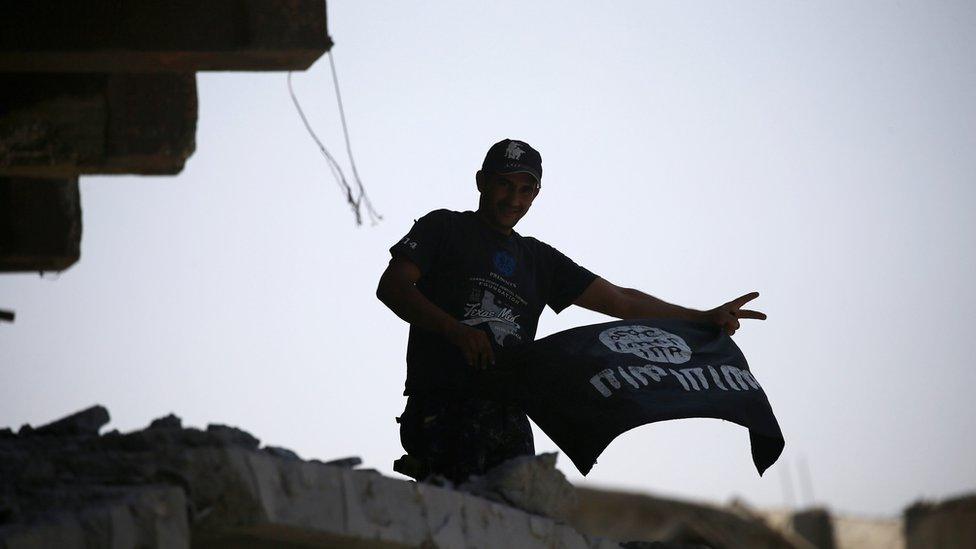
A member of Iraq's security forces holds an IS flag as he celebrates in Mosul
The US-led Coalition that provided air and ground support to Iraqi security forces confirmed they had Mosul "firmly under their control" but noted that areas of the Old City still had to be cleared of bombs and possible IS fighters in hiding.
Later, US President Donald Trump sent his congratulations to his Iraqi counterpart, saying, external Mosul had been "liberated from its long nightmare under the rule of ISIS".
"We mourn the thousands of Iraqis brutally killed by ISIS and the millions of Iraqis who suffered," he added, promising to seek the "total destruction" of the jihadists.
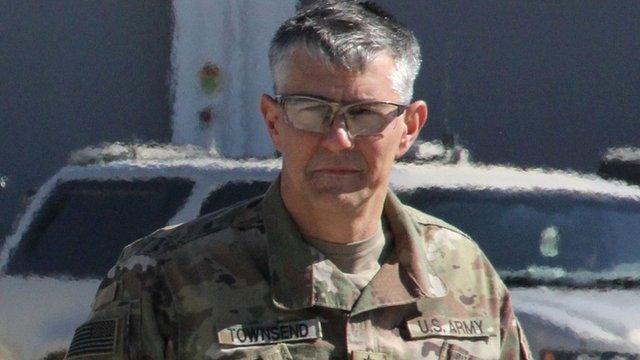
Lt Gen Stephen Townsend is the commander of the US-led operation against IS
On Tuesday, UN special representative Jan Kubis said, external the "historic" victory provided an "outstanding opportunity for Iraq to rise again strong and united".
But he warned that reconstruction work had to run parallel to a "robust political process to conduct elections and achieve national and societal reconciliation and rebuild the social fabric".
"The peace... must be based on solid foundations of unity, co-operation, justice, tolerance and co-existence starting at the societal, community and tribal levels to prevent falling back into the past and risk disastrous consequences," he added.
The battle for Mosul lasted almost nine months, left large areas in ruins, killed thousands of civilians and displaced more than 920,000 others.
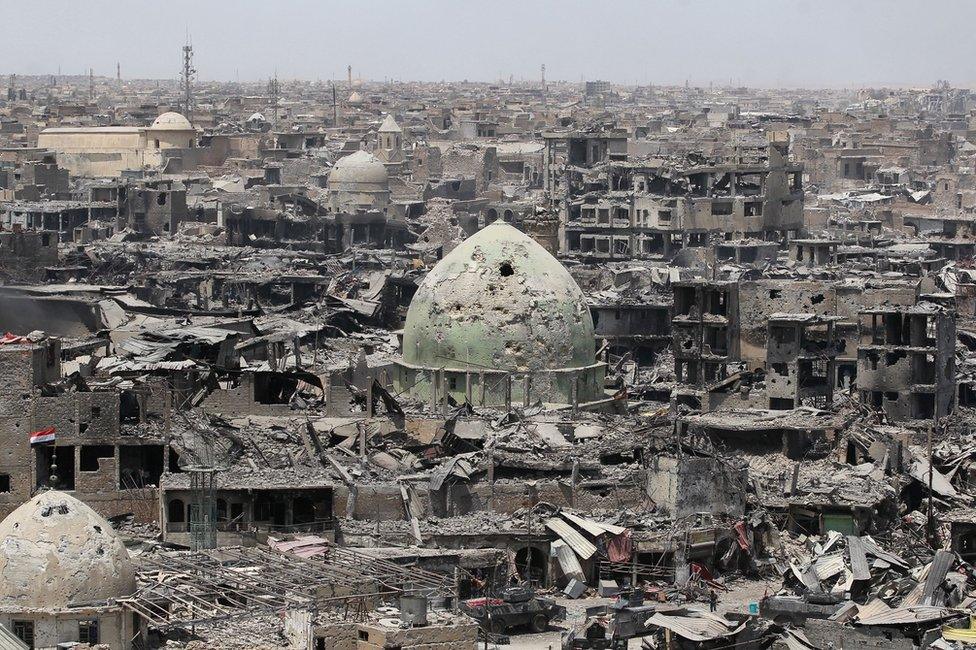
The UN says 5,000 buildings have been damaged and 490 destroyed in the Old City alone
The BBC reports from Mosul where rescue teams are searching for survivors
The UN says that of the 54 residential districts in the western half of Mosul - where the Old City is located - 15 are heavily damaged and at least 23 moderately damaged.
In a report, external published on Tuesday, Amnesty International said Iraqi and coalition forces had used unnecessarily powerful weapons in Mosul and failed to take adequate measures to protect civilians.
A coalition spokesperson described the allegations as "irresponsible and an insult" to the troops who had died freeing civilians in Mosul from IS rule.
Amnesty also documented abuses by IS, including the use of human shields.
IS militants overran Mosul in June 2014, before seizing control of large parts of northern and western Iraq. The following month, Abu Bakr al-Baghdadi made his first and only public appearance as IS leader at the city's Great Mosque of al-Nuri, and gave a speech proclaiming the creation of a "caliphate".

IS blew up the mosque last month as Iraqi troops prepared to retake it.
IS still controls territory in three areas of Iraq - around Hawija, 130km (80 miles) south-east of Mosul, around Tal Afar, 65km west, and from Ana to Al-Qaim in the Euphrates river valley, 250km to the south-west.
It also holds a string of towns along the Euphrates in Syria, including Albu Kamal and Mayadin, but its stronghold of Raqqa is besieged by US-backed fighters.


- Published11 July 2017
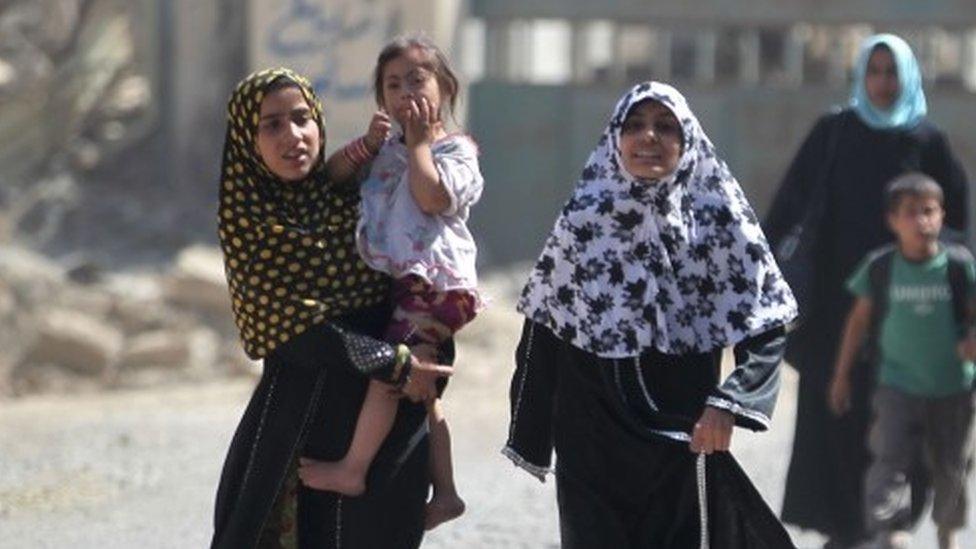
- Published25 March 2017
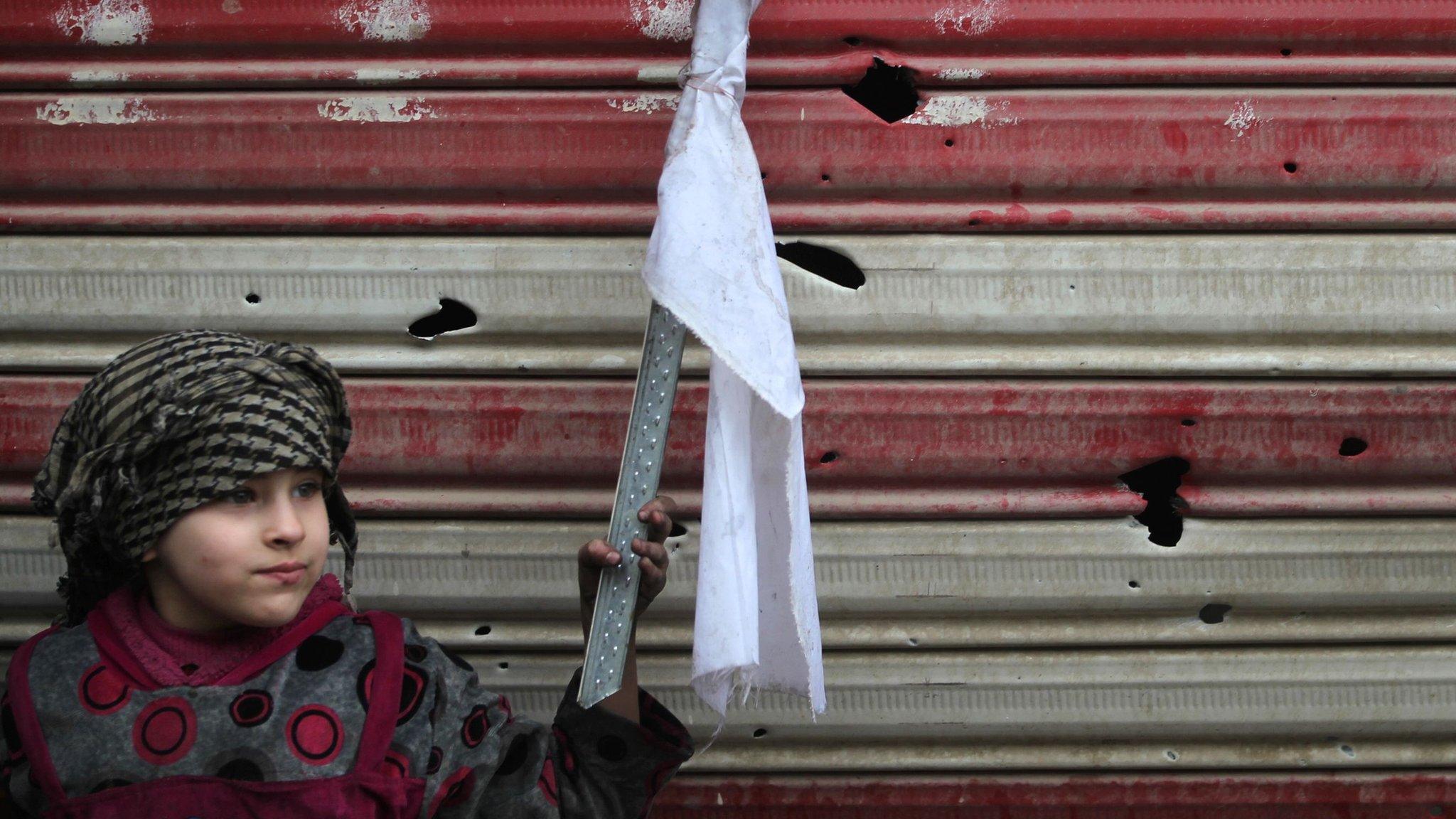
- Published10 July 2017
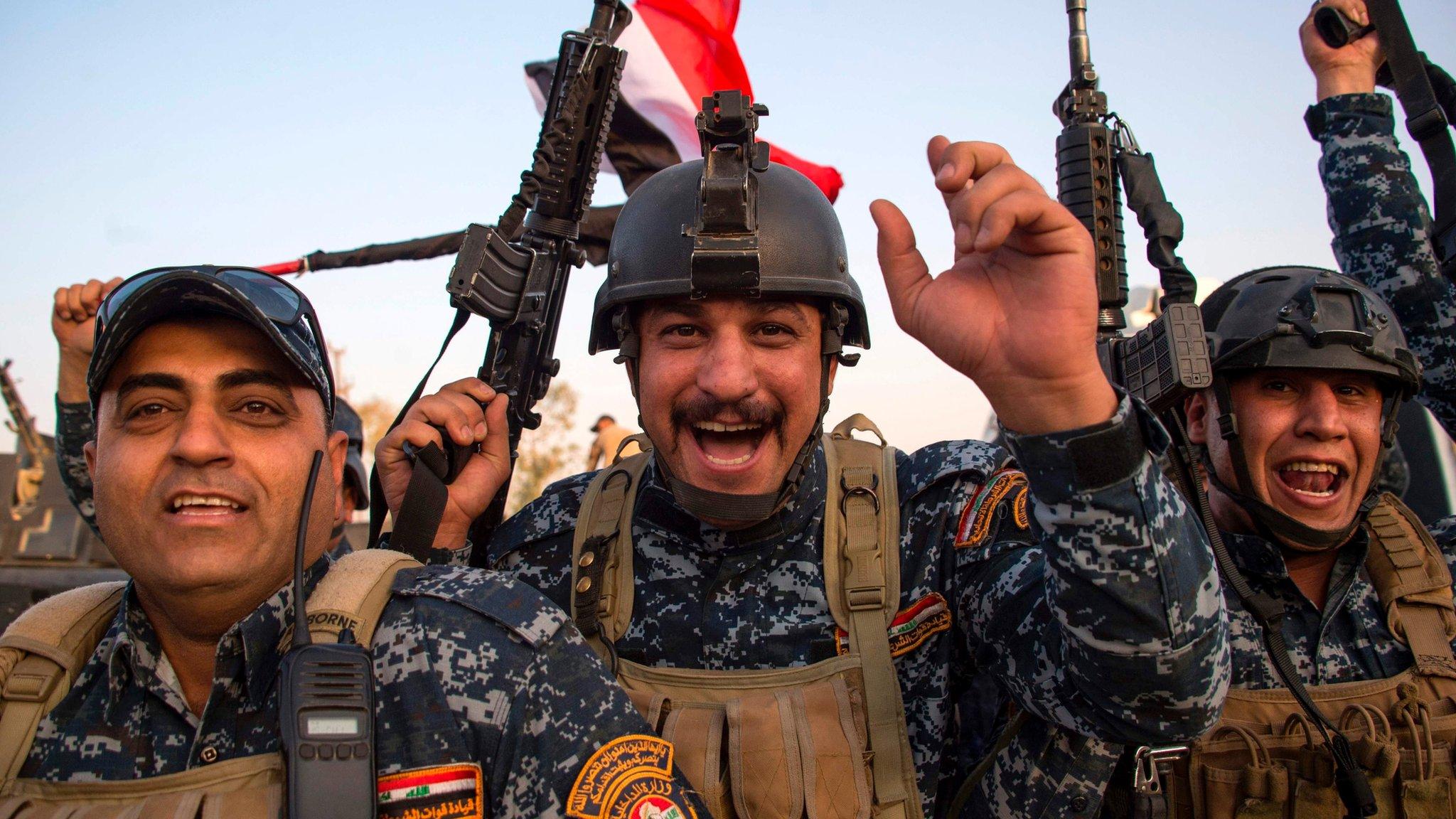
- Published10 July 2017
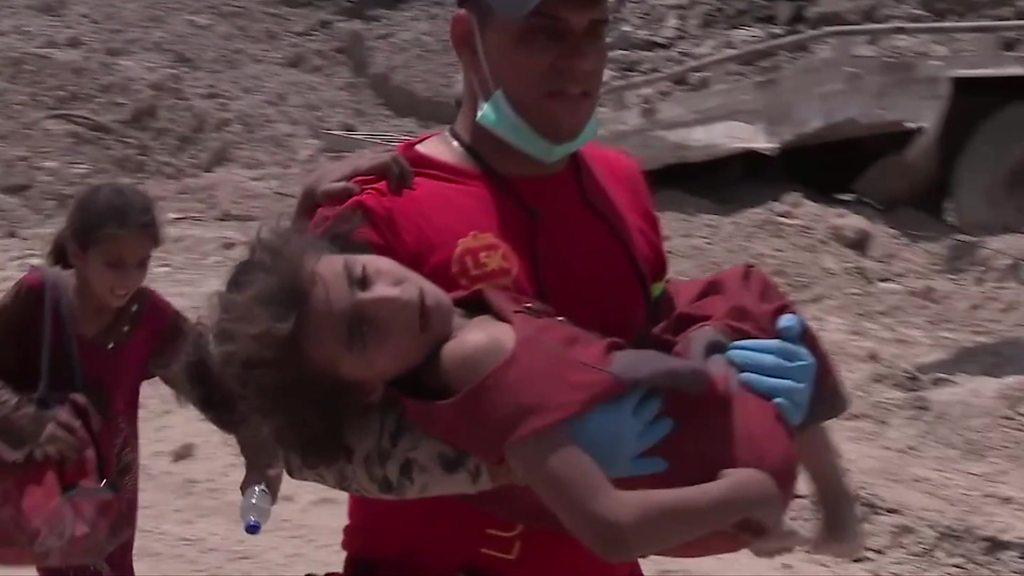
- Published10 July 2017
